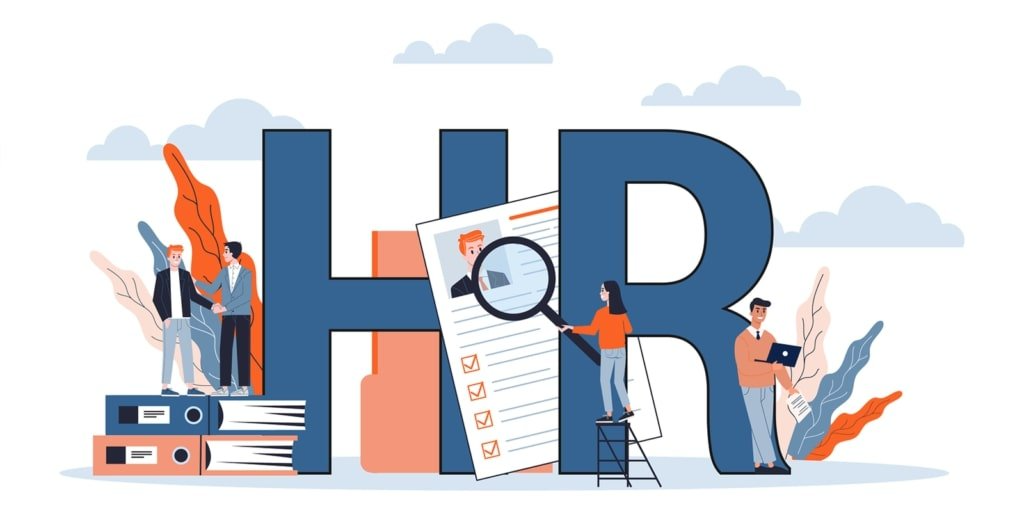The Role of HR Training in Compliance and Risk Management
HR Training departments manage employees and help the company achieve its long-term objectives. HR handles longer-term human resource concerns, looking at structure, quality, culture, values, and commitment to match resources to future requirements.
Human capital is just as significant as other capital assets, since people are essential to sustained value development. A sound business strategy is based on people considerations. Human resource management informs the organization’s business plan. The company plan should consider the availability of skills and knowledge, as well as the management, motivation, and deployment of personnel. Implementing corporate strategy is part of workplace planning. Align the company’s personnel management plan with its business goals.
When HR Training is in line with the business goals and demands of the company, it creates value. The function doesn’t have to be big. In fact, it won’t be because line management practices effective people management in a well-run company. However, it ought to be at the heart of a company’s management.
One concern that is occasionally raised is whether the HR director needs to be an HR specialist or if a competent line manager could do the same duties. They should have a lot of expertise dealing with employment, discrimination, health and safety, and all the consequences of employing and firing people because of the substantial financial and reputational repercussions of breaking these laws.
Regulations
With an emphasis on longer-term personnel issues, the HR strategy demonstrates how HR supports the business and the firm’s goals. HR policies offer managers and employees broad, useful counsel and direction on a variety of employment-related matters. In the work relationship, they delineate the obligations of both the employer and the employee. They may have an effect on the organization’s reputation, employee motivation, and capacity to draw in and keep talent.
Policies ought to consist of:
laws pertaining to discipline, diversity and equality, complaints, health and safety, safeguarding the weak, and whistleblowers;
issues pertaining to specific individuals, including: salary and incentive policies, mediation, redundancy, shared parental leave, hiring agency workers, dignity and respect, and secondments;
Employee problems include things like smoking, social media, gifts, and alcohol and drugs.
Controlling Risk
The risk committee is the pinnacle of the second line of defense, which is risk oversight, among the three lines of defense. The HR director should be a key member of the executive risk committee if you believe that employees represent the company’s greatest risk, particularly in the services sector.
At the very least, the head of the risk department and the HR lead should collaborate closely. Along with alternatives to handle identified people risk issues and solutions, the risk management function is responsible for coordinating and challenging the risk assessments of all disciplines.
With the alternatives identified, business line managers may collaborate with HR to make informed decisions on the best course of action that fits their goals and business objectives. HR is being misused, and people management is most likely being misused as well, if HR is dealing with these issues.
Analysis
HR is leveraging data more and more to enhance people management. Consider a problem like increasing retention at a company that is experiencing a high rate of key staff turnover. People analytics can identify problem areas in specific employee groups and then adjust incentives or other modifications to reduce attrition in those areas.
By assessing employee satisfaction and well-being and modifying offers accordingly, the company may reduce attrition rates rather than bearing the financial burden of losing important personnel. HR Training may help with career-development planning and high-performance learning and development.



No Comments